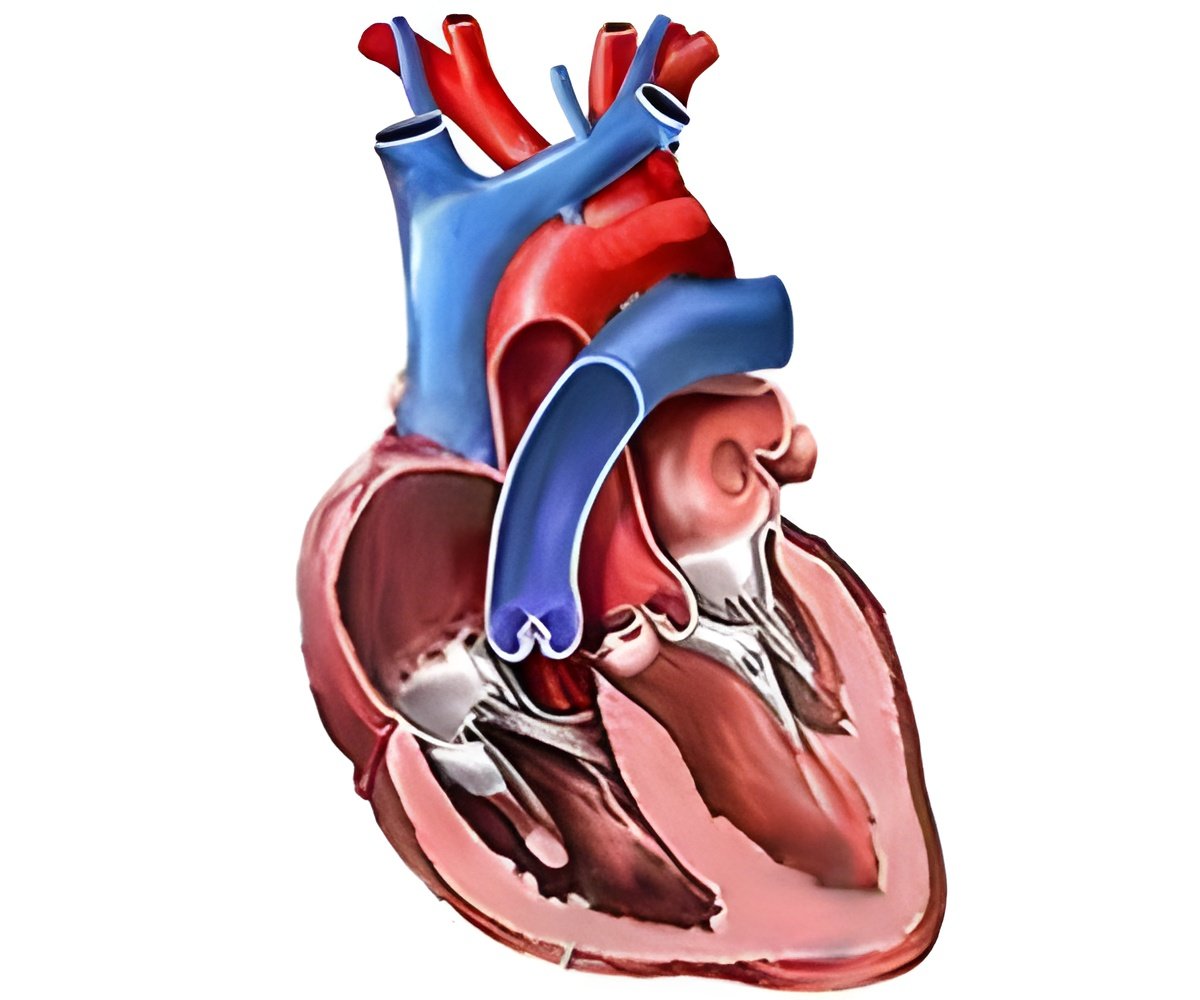Progeria, also known as Hutchinson-Gilford Progeria Syndrome (HGPS), is a rare, fatal genetic disease characterized by an appearance of accelerated aging in children.

On August 26, 2010, Arteriosclerosis, Thrombosis, and Vascular Biology electronically published, ahead of print, the results of a study comparing Progeria, and typical cardiovascular aging, entitled "Cardiovascular Pathology in Hutchinson-Gilford Progeria: Correlation With the Vascular Pathology of Aging". The study found that progerin, the abnormal protein that causes Progeria, is also present in the vasculature of the general population and increases with age.
Researchers examined cardiovascular autopsies and progerin distribution in two patients with Progeria along with a group of 29 individuals without Progeria. Between the ages of one month and 97 years, researchers found that progerin in individuals without Progeria increased an average of 3.3 percent per year in the coronary arteries.
"We found similarities between many aspects of cardiovascular disease in both Progeria and the atherosclerosis that affects millions of people throughout the world" said Dr. Leslie Gordon, senior author of the study, and Medical Director of The Progeria Research Foundation. "We also found progerin in cardiac blood vessels of people without Progeria. The fact that progerin is present at all tells us that there may be a tie between the heart disease of Progeria and the heart disease that affects us all as we age. "
This study supports the possibility that progerin is a contributor to the risk of atherosclerosis in the general population, and merits examination as a potential new element influencing vascular health with aging.
"By examining one of the rarest diseases in the world, we are gaining crucial insight into a disease that affects millions of people worldwide. Ongoing research has the potential to have a significant impact on our understanding of heart disease and aging," said Dr. Gordon.
Advertisement















